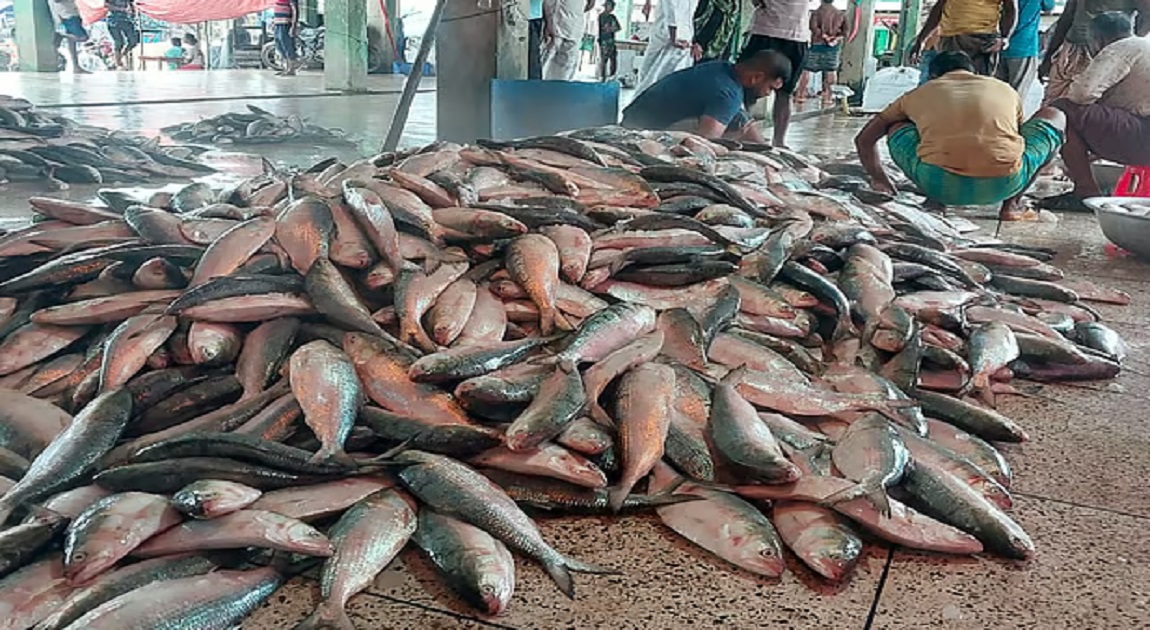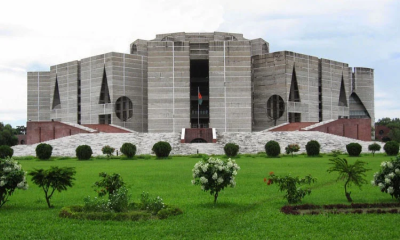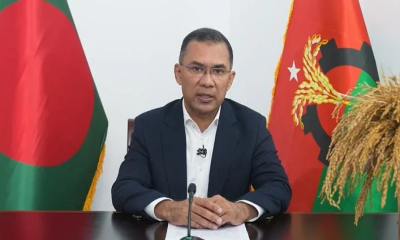Government has allowed 37 local companies to export a total of 1,200 tonnes of hilsa fish to India ahead of the upcoming Durga Puja festival.
The export period will run until 5 October under strict conditions, according to a circular issued Tuesday by SHM Magfurul Hasan Abbasi, Deputy Secretary of the Ministry of Commerce’s Export-2 Wing.
Under the approval, companies can export hilsa — including varieties such as soybean-sized to larger fish — at a minimum price of USD 12.50 per kilogram (about BDT 1,525 at an exchange rate of 122 taka per dollar). This year’s allocation is less than half of last year’s 2,420-tonne export quota granted to 49 firms.
The ministry has attached several conditions to the export. All shipments must comply with the 2024–2027 Export Policy. Customs officials will strictly inspect consignments to ensure that companies do not exceed their allocated quotas. Exporters must also submit documentation of previous exports before applying for new quotas.
The circular makes clear that the export approvals are non-transferable and subcontracting is not allowed. The government retains the right to revoke the permissions at any time if conditions are violated.
Bangladesh first announced its decision to allow hilsa exports to India on 8 September. Interested exporters were instructed to apply by 11 September.
This year’s approval follows controversy over the decision to export hilsa as local market prices remain high — between BDT 2,100 and BDT 3,000 per kilogram, far above the minimum export price. Officials have said the decision was made not under pressure but as a gesture of goodwill and religious courtesy toward India during Durga Puja.
Last year, Bangladesh initially planned to allow 3,000 tonnes of hilsa exports to India but scaled back to 2,420 tonnes. This year’s quota of 1,200 tonnes represents less than half of last year’s volume.
















-20260215061522.webp)
















